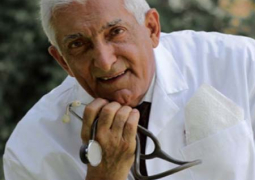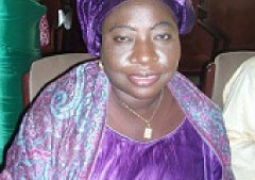Despite efforts by the government and development partners, women in some parts of the country still spend hours everyday collecting water.
When faced with a survival situation, clean drinkable water is often the most important consideration.
Availability of clean water to all in the country should remain a key priority for the authorities, since its absence could be very catastrophic.
It is true that significant improvements were made to bring clean portable water to all Gambians, and all resident in the country.
However, many communities are yet to be fully covered, and even some covered communities have broken down water supply systems or not effectively functional.
Efforts are also sometimes undermined by selfish groups of people who steal the solar panels of communities that supply them water.
It has been known that people have survived without food for weeks or even months, but go without water for even just one day, and the survivor will be in desperate straights indeed.
Knowing that water is by far the most important nutrient for the human body (besides oxygen) and, in particular, during a survival situation when finding potable water may not be easy, the question becomes - just how long can the human body survive without adequate water?
We need to intensify our national efforts to ensure that all communities and people in the country have access to adequate supply of clean drinking water.
In very hot or cold or very dry environments, or if you are physically active, two quarts of water a day may not be enough to sustain life over a period of days or weeks.
We do hope that the recently launched Gambia Country Water Partnership (GCWP) would help provide access to safe, clean drinking water to all in the country.
Finally, on the world water day, we call for concerted efforts to have clean portable water for all.
Read Other Articles In Article (Archive)



